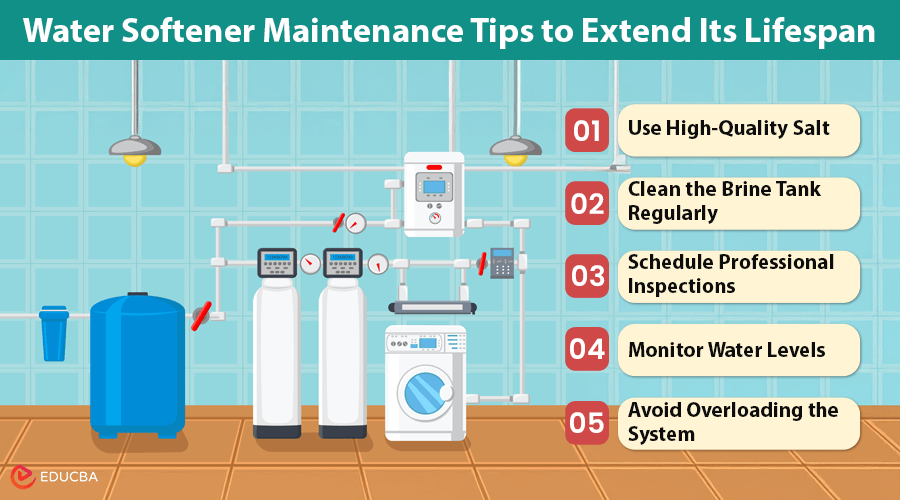
Taking Care of Your Water Softener
A well-maintained water softener operates efficiently, providing better water quality and extending the lifespan of your system. Regular water softener maintenance ensures smooth performance, prevents malfunctions, and keeps your home’s water free from excess minerals. This guide covers essential maintenance steps, common issues, and expert tips to make your water softener last longer.
How Often Should You Add Salt to Your Water Softener?
Most water softeners rely on ion exchange, which requires salt to function efficiently. The resin bed uses salt to remove calcium and magnesium ions during regeneration, ensuring your water remains soft.
Here are some key points to remember:
- Check salt levels monthly and refill when it reaches half the tank.
- Use high-quality salt tablets to prevent salt bridges and sediment buildup.
- Monitor for salt bridging, which can reduce efficiency and require manual breaking of the hardened layer.
Signs of Water Softener Malfunction and How to Fix Them
A properly functioning water softener operates quietly and effectively. However, several signs may indicate that your system requires attention:
- Hard Water Issues: If soap fails to lather properly, white spots appear on dishes, and limescale builds up on plumbing fixtures, your system may not effectively soften the water.
- Unusual Taste or Odor: A strange taste or smell in your water can indicate filter problems or sediment accumulation inside the unit.
- Low Water Pressure: Reduced water flow could signal blockages in the resin bed or other components.
- Excess Water in the Brine Tank: If the tank has excessive water, this could indicate a valve or drain line issue.
If these issues arise, professional assistance is recommended. Superior Plumbing & Heating provides expert water softener repair services across Ontario and other Canadian regions. Their specialists diagnose and fix problems efficiently to restore your system’s performance.
Best Water Softener Maintenance Tips to Extend Its Lifespan
Proper water softener maintenance not only enhances efficiency but also extends the lifespan of your unit. Follow these essential maintenance tips:
- Use High-Quality Salt: Selecting premium salt tablets prevents insoluble buildup and ensures smooth resin regeneration.
- Clean the Brine Tank Regularly: Over time, debris and contaminants can accumulate in the salt tank, reducing efficiency. Clean it every 6 to 12 months.
- Schedule Professional Inspections: Annual maintenance by a professional ensures key components like the resin bed, valves, and drain lines remain in good condition.
- Monitor Water Levels: Incorrect water levels in the brine tank can disrupt regeneration. Always follow the manufacturer’s guidelines for proper water levels.
- Avoid Overloading the System: Using more water than your softener’s capacity can lead to premature wear. Ensure your system is appropriately sized for your household needs.
Final Thoughts
Every household dealing with hard water should prioritize water softener maintenance. Regular salt checks, tank cleaning, and timely repairs will keep your system running efficiently. Investing in quality supplies and following manufacturer guidelines will maximize your softener’s lifespan and ensure high water quality. If you are experiencing persistent issues, contact a certified professional for repairs or installation services. Proper maintenance will protect your plumbing, appliances, and overall water quality, making your home a better place to live.
Recommended Articles
We hope this guide on water softener maintenance helps you keep your system running efficiently. Check out these recommended articles for more water quality and home maintenance tips.

